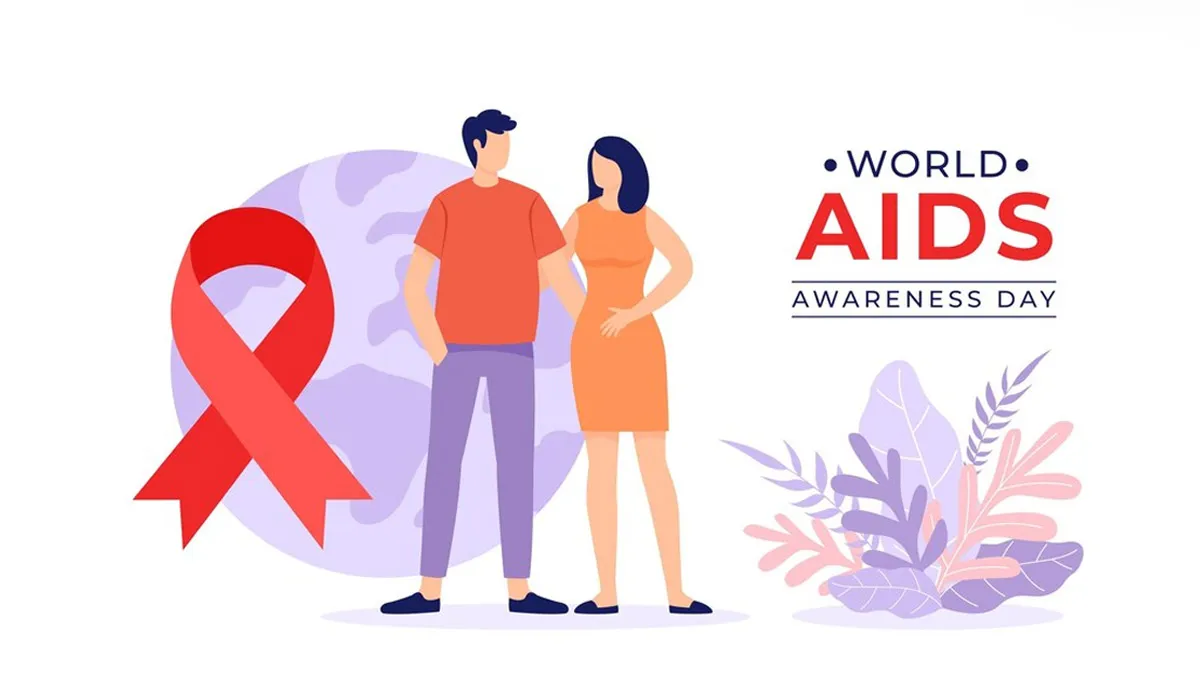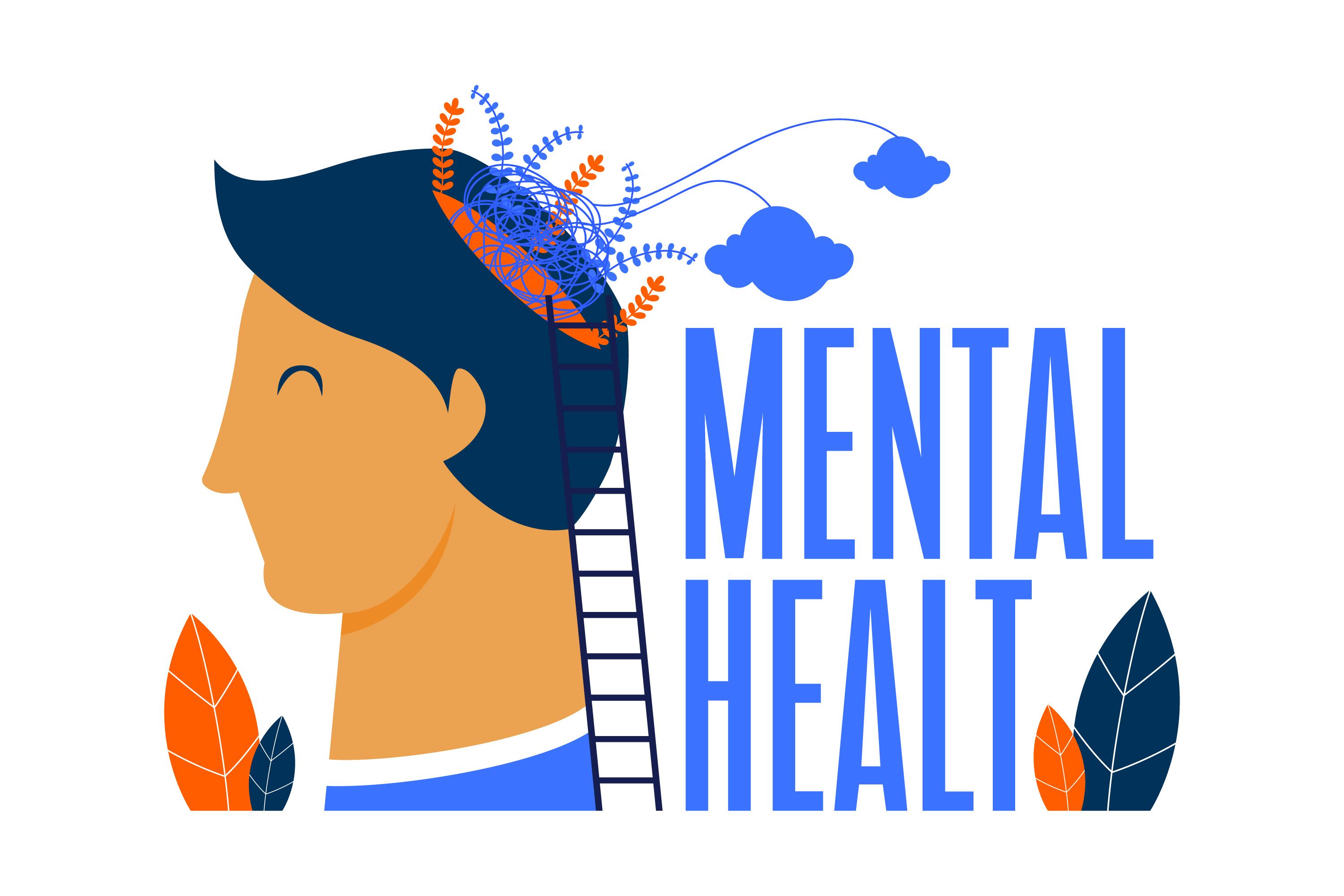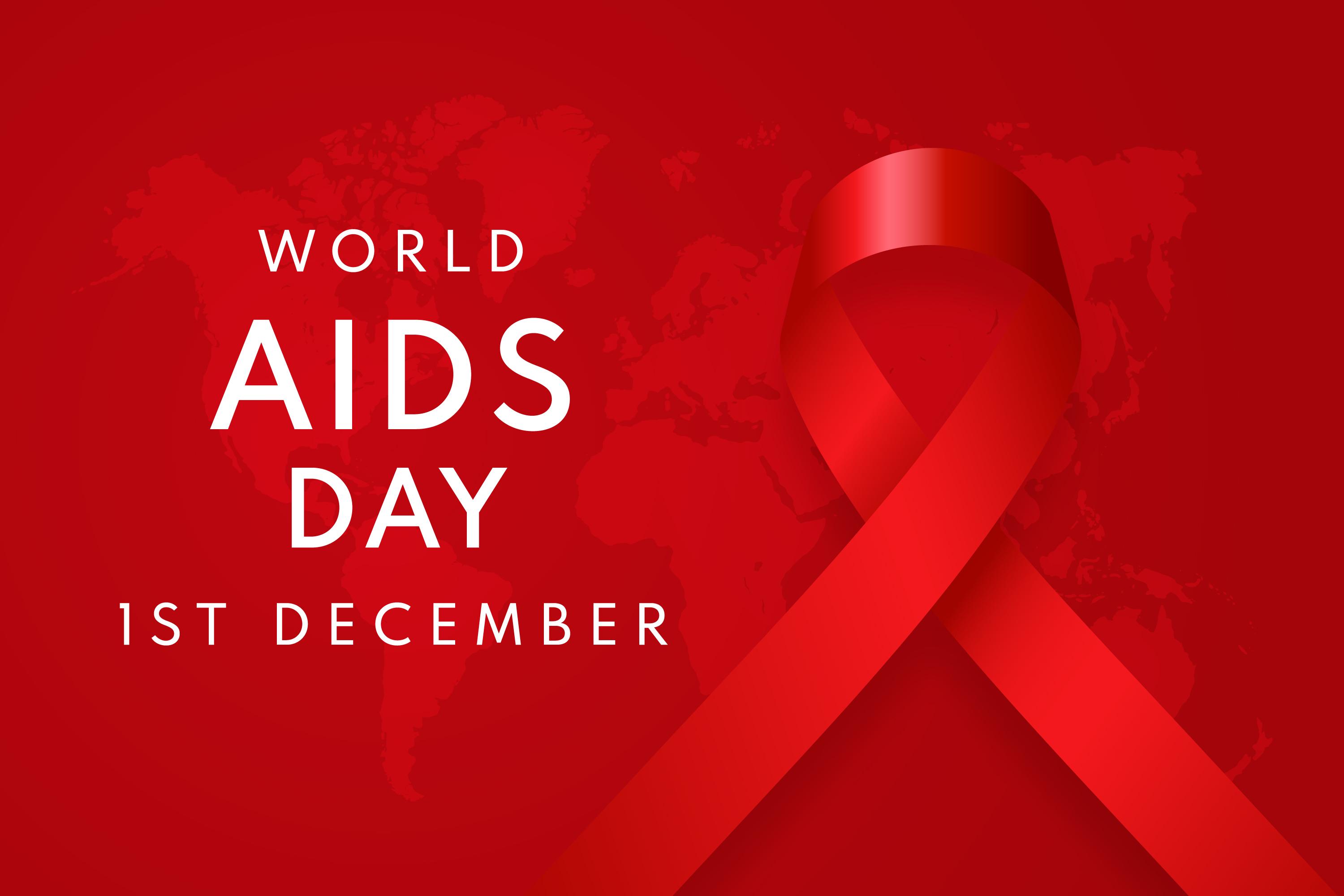
We often talk about how AIDS impacts the overall body including weakening the immune system, extreme weight loss, recurrent fever episodes, fatigue, muscle pain, and many more. However, the impact of AIDS on mental health is yet unexplored. AIDS significantly impacts mental health due to the stigma, isolation, and chronic nature of the illness. We spoke to Mehezabin Dordi, clinical psychologist, Sir HN Reliance Foundation Hospital, Mumbai, and Dr Sresyhta Beppari, MSc, PhD, Consultant Psychologist, Apollo Clinics, Pune to understand the impact of AIDS on mental health.
Mehezabin Dordi said, “ AIDS patients often face depression, anxiety, and feelings of worthlessness arising from social rejection and discrimination. The fear of disease progression and death can exacerbate stress and lead to disorders like Post-Traumatic Stress Disorder (PTSD).”
“The physical toll of AIDS, coupled with side effects from antiretroviral therapy, can contribute to fatigue and mood disturbances. Loneliness and a lack of understanding from family or community further amplify insecurities, creating a vicious cycle of emotional and physical challenges, added Dordi.

Here’s how AIDS impact mental health:
Dr Sresyhta Beppari said, being diagnosed with AIDS itself is emotionally overwhelming. There is huge anxiety associated with health, longevity, and the prolonged course of treatment. Lots of insecurities and physical pain that await an AIDS patient is exhausting at both physical and mental levels.
Dr Beppari highlighted that many individuals experience fear of discrimination or rejection due to societal misconceptions about HIV.
Dr Beppari said AIDS is not easy to endure. Frequent medical appointments, side effects of medications, and physical symptoms contribute to hopelessness and depression, she added.
Sresyhta added that individuals often go into social withdrawal due to the stigma associated with AIDS. This aggravates isolation and loneliness.

Sresyhta mentioned that AIDS patients suffer trauma due to discrimination and also loss of relationships. Society doesn't really respond with a lot of empathy towards an AIDS patient. Feelings of shame or self-blame can lower self-esteem. In addition to it, social rejection can lower self-confidence, and self-esteem, trigger fear, sorrow, and a concoction of negative emotions that affect mental health tremendously.
Here are a few ways that can help an AIDS patient cope with the issues:
Sresyhta recommended access to counselling or psychotherapy can help reduce stress and foster better coping strategies. She advises that venting painful emotions can provide relief.
According to DR Sresyhta, joining support groups can reduce feelings of discrimination and isolation. Support groups provide a sense of belonging, which reduces fear and gives a sense of strength.
Mehezabin Dordi said, “A comprehensive approach is necessary to improve mental health in individuals living with AIDS. Psychotherapy, such as Cognitive Behavioral Therapy (CBT), can help patients manage negative thought patterns and develop resilience.”
She highlighted that group therapy or peer support groups offer safe spaces to share experiences, reduce isolation, and foster a sense of belonging. Education about the disease can empower patients to combat stigma and take control of their health.

She further advises mindfulness techniques and stress management strategies, such as meditation, yoga, or journaling, can alleviate anxiety. Moreover, integrating mental health care with medical treatment ensures a holistic approach to well-being.
Mehezabin Dordi mentioned that family and friends should educate themselves about AIDS to dispel myths and reduce stigma, fostering an environment of acceptance. Simple acts, like celebrating small victories in their health journey, can boost self-esteem. Finally, advocating for societal awareness and inclusion is crucial for reducing stigma and creating a more supportive community for those living with AIDS.
Don't Miss: World AIDS Day 2024: Can You Get AIDS Without Sexual Contact? Here's What Doctors Say
While AIDS can be difficult to deal with, having family support can help the patient cope.
Image Courtesy: Freepik
Also watch this video
Herzindagi video
Our aim is to provide accurate, safe and expert verified information through our articles and social media handles. The remedies, advice and tips mentioned here are for general information only. Please consult your expert before trying any kind of health, beauty, life hacks or astrology related tips. For any feedback or complaint, contact us at compliant_gro@jagrannewmedia.com.